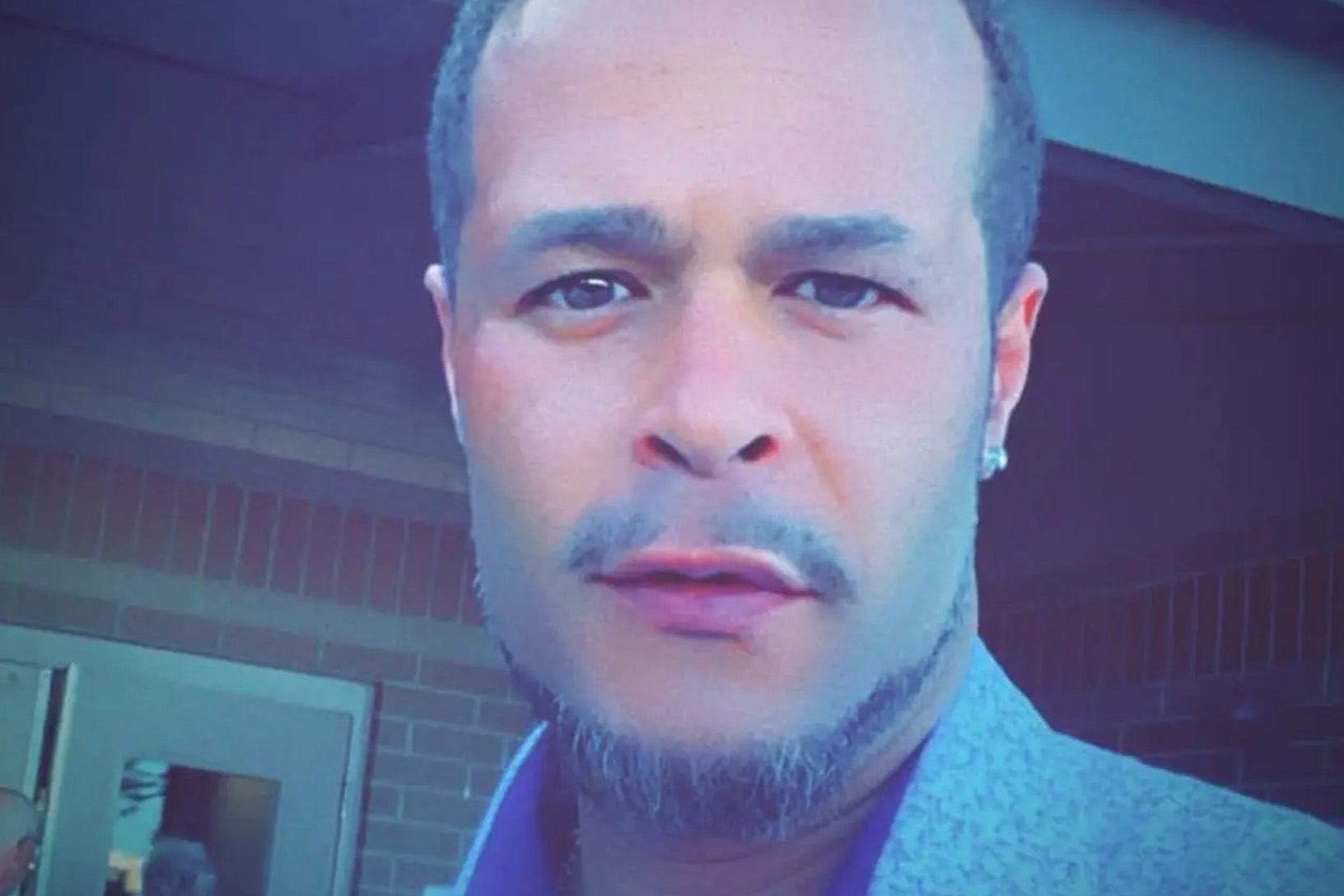Since 2013, Anthony Mitchell Jr. of Pittsburgh has worked in education as a registered behavioral support specialist, spending his days in classrooms, hallways and counseling sessions, helping students navigate behavioral and emotional challenges that often mask deeper struggles.
“I witnessed firsthand the gaps in support, the moments when a little more understanding or a better-informed strategy could have made all the difference,” Mitchell said.
When he made the decision to better equip himself to make that difference, he found a perfect fit in PennWest’s online bachelor’s degree in interdisciplinary studies with concentration in special education. He will graduate May 3.
“Finishing my BA degree at 40 wasn’t just an academic decision. It was about aligning my life with my values,” Mitchell said. “I wanted to connect the dots between what I had lived – the late nights writing behavior plans, the tough conversations with families, the victories and setbacks with students – and the theories and tools that could help me grow into a more effective, ethical and empathetic professional.”
Transitioning his passion into a major helped him do just that.
“It’s helped me articulate my knowledge in a professional, research-based way, while affirming the value of the real-world experience I already bring,” Mitchell said. “I’ve gained confidence in academic spaces, improved my writing and critical thinking, and strengthened my ability to advocate effectively.”
A particularly impactful experience for Mitchell was a project he designed around special education practices and culturally responsive education.
“It allowed me to bridge my academic learning with the needs I see every day in a special education behavioral support classroom. Being able to research, design and implement solutions that mattered in real life was incredibly empowering,” he said.
As an online student, Mitchell didn’t participate in traditional campus life, but he connected with faculty and fellow students through active engagement in online discussions, peer support groups and professional learning communities. He said his PennWest professors were “incredibly supportive and understanding of my journey as an adult learner.”
In particular, faculty members such as Dr. Ellen Foster and Dr. Jamie Phillips encouraged Mitchell to connect his lived experience to theory and practice, which he did through applied research and service-based projects.
“This dual role as both a student and a working professional made learning more meaningful and immediately relevant,” Mitchell said.
His family cheered him on throughout the journey.
After graduating, he will continue to implement what he’s learned in his current role, and he hopes to take on more leadership in education and behavioral support services.
“Long term, I hope to pursue a master’s degree and eventually a doctorate, with the goal of contributing to systemic change, especially in underserved communities,” Mitchell said. “I want to mentor others the way I’ve been mentored and create programs that are culturally responsive and equity driven within school systems.”
Through his interdisciplinary program of study, Mitchell found more than academic growth.
“It was a profound shift in how I understood my purpose. But more than that, these disciplines helped me reflect on who I am, why I do this work, and how I want to contribute to the world,” he said. “My return to college has been a journey of reconnection – not just to school, but to myself. It has reminded me that learning is lifelong, that purpose evolves, and that it’s never too late to rewrite your story with greater clarity, courage, and compassion.”
His advice to other students is this: “Your path doesn’t have to look like anyone else’s. Don’t compare; just commit. Use your life experience to your advantage, and don’t hesitate to advocate for yourself. Build relationships with your professors, stay organized and remember your ‘why’ when things get hard. You belong here, no matter when or how you start.”
